Inside a $7,500 Dating Boot Camp: The Toxic Masculinity Teachings
As clouds of sandstone dust dance against the horizon of pink and purple mountains, a group of men gather in the Nevada desert. Each of them carries a backpack or suitcase filled with multiple outfits including flashy shirts, tailored suit jackets, and ripped jeans scattered by the roadside.
Suddenly, a white Lamborghini Huracán arrives, its powerful V10 engine purring loudly as its driver parks. One man exclaims, “This is superf***ing dope,” while enveloped by the swirling sand. This $300,000 car has been hired for a photoshoot that day.
Initially stiff and awkward, the men gradually ease into the moment as the sharp clicks of the camera begin. “How should I pose?” shouts one participant, attempting a clumsy stance by the hood of the supercar. A mix of confident gazes into the distance and exaggerated poses ensue as another man acts as though clinching a business deal over the phone. A recently divorced man in his fifties adjusts his Rolex while peering through dark sunglasses, looking to project an image of success.
The participants, mostly aged in their twenties, thirties, and forties, come from around the globe. One flew in from Australia, another from Vancouver, making their way to Valley of Fire State Park, located about 50 miles from Las Vegas. During this exercise, they’re encouraged to evaluate their social media imagery with the question: “Is this making me a ten out of ten?”
The program, called Men of Action (MOA), is led by Michael Sartain, a 46-year-old former military officer with extensive combat experience. Some attendees have invested as much as $10,000 (£7,500) for the course, which includes not only photoshoots but also a social media boot camp. Participants receive weekly coaching calls and access to online courses aimed at assembling a social circle filled with “high-caliber women and elite men.”
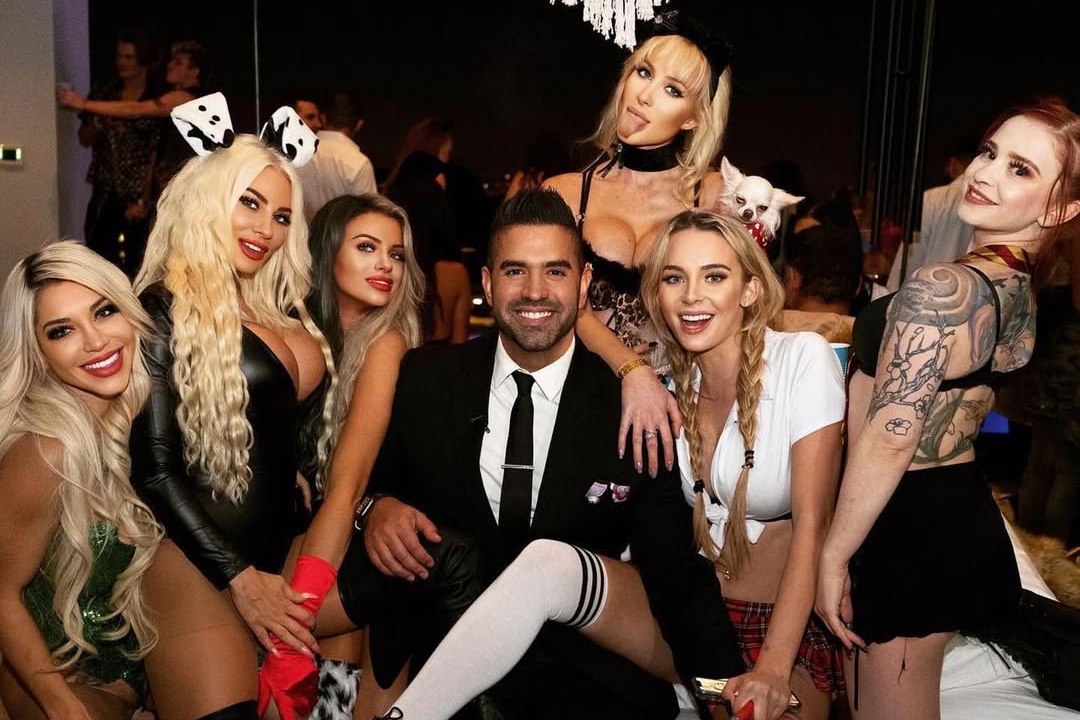
This summer, I volunteered for Sartain’s MOA program while researching for a book on the manosphere—communities centered around extreme misogyny. I reached out to offer my assistance during my visit to Vegas and soon found myself embedded in the role of a “high-status social networking coach,” responsible for guiding the students through the vibrant nightlife of the city. Their days comprised not only photoshoots but also detailed post-club discussions and seminars instructing them on projecting a lifestyle of luxury and sexual prowess through social media.
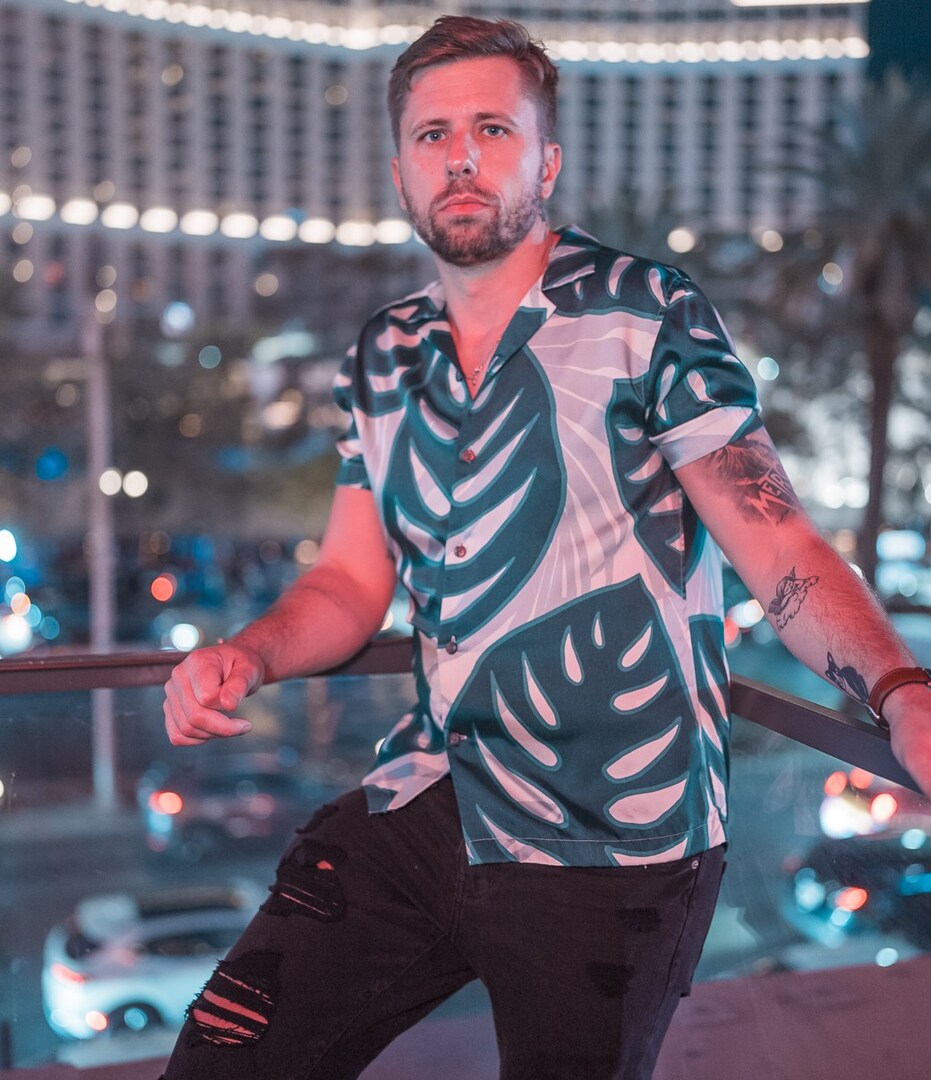
Sartain teaches that there are three genders: high-status men, low-status men, and women. When a new group of students arrives, he often invites them for a basketball game to foster camaraderie. Afterward, they critique each other’s social media content. Sartain claims too many men “self-select” out of the dating pool, blaming their unappealing social media presence. He warns silently assessing the landscape in retail stores shows that few women are attracted to average-looking men. Using a student’s phone, he demonstrates how to enhance their social media profiles—cheap selfies are a no-go, while glamorous settings with attractive women will boost their appeal immensely.
Following his advice on curating an inviting online presence, Sartain sets defined rules for high-status images: inclusion of women signifies attraction, and pets add comfort. A bathroom selfie? Implies low status. Luxury settings and an effortless confidence in one’s images indicate success. Sartain insists that a polished social media profile communicates clear signals of being a desirable male.
Everything about Sartain’s image is meticulously crafted, from his clothing choices to his use of testosterone supplements. Exuding wealth with a single $100 bill in his wallet and depicted in a stream of glamorous photos flanked by beautiful women, his social media presence is a case study in fabricated allure. Though not a celebrity, his lifestyle resembles an extravagant film, filled with luxury events and a constant stream of model-worthy companions.

Sartain expresses concern for what he refers to as “surplus men” in modern society—individuals unable to present themselves as high-value. He projects that if students fail to elevate their status, they will become obsolete. With the changes brought about by evolutionary principles in dating markets, he emphasizes the need to craft an impressive online identity, warning of the days ahead where a small percentage of men will attract a vast majority of women.
Students, influenced by the glamorous lives they aspire to, observe as Sartain teaches practical skills, like using Facetune for digital enhancements. “Rule number four: social media is fake, and I accept that,” he emphasizes, while adjusting another man’s appearance to appear more muscular.

Many first encountered Sartain via Instagram, mesmerized by his lifestyle that seemed both attainable and aspirational—not a male model or celebrity, just a seemingly regular person living an extraordinary life. This connection spurred them to invest passionately into the program.
Exploring the Language of Masculinity Entrepreneurs
Discussions within the manosphere often adopt a Darwinian perspective on relationships, framing dating as a type of “sexual marketplace” where self-worth is dictated by perceived value. Within this framework, many men are categorized as either “alphas” or “betas,” with societal programming suggesting women are inherently inclined to chase high-status individuals.
They attribute this dynamic to the “80/20 rule,” positing that roughly 80% of women seek out a mere 20%—often high-status men—leading to low-status individuals perpetually competing for a dwindling pool of partners. Moreover, the modern independent woman is perceived to have no vested interest in traditional providers, adding pressure for men to distinguish themselves beyond material wealth.
This theory resonates with certain high-profile influencers, including Andrew Tate, who promotes social media portrayals of lavish lifestyles to attract men. Tate, embroiled in serious allegations, argues that deception is necessary for success in a competitive dating landscape. His perspective aligns with narrative elements seen in popular media portraying such dynamics.
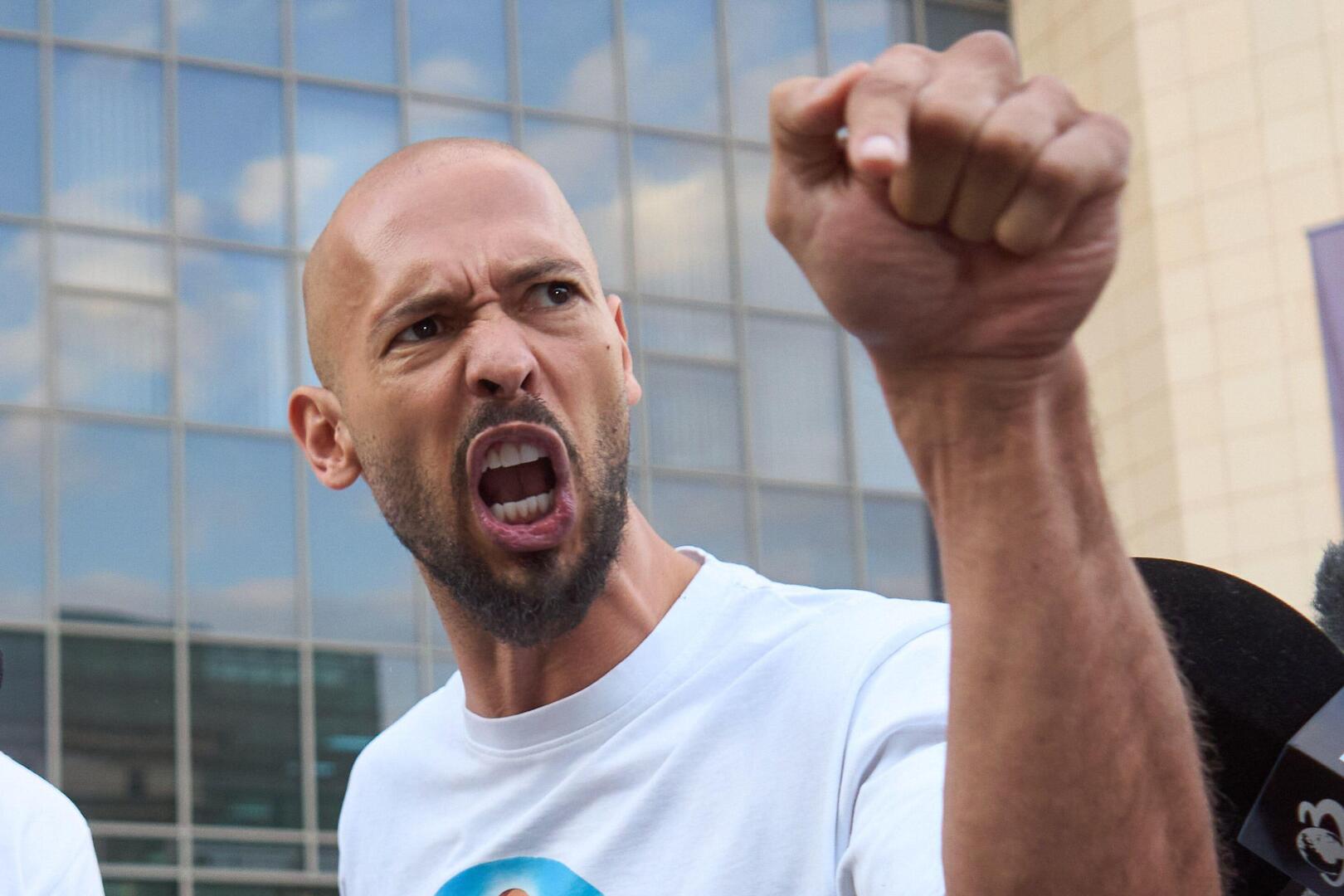
Masculinity entrepreneurs thrive on instilling fear about being marginalized or undesirable, leading to increased susceptibility among men toward purchasing expensive transformation programs. The 80/20 rule, while a contested theory, serves as an appealing heuristic for those selling high-priced dating solutions.
This metric gained traction alongside the rise of image-driven social media platforms. Since Instagram’s inception, users have become acutely aware of evaluations of their worth, drawing comparisons with curated perfection lived by others. This phenomenon has caused growing insecurities among men, many of whom resort to drastic measures, including using performance-enhancing substances to fit the aesthetic standards set online.
A Misogynistic Evolution from Pick-Up Artist Culture
The current manosphere is a direct descendant of the pick-up artist movement that gained notoriety around 2005 with Neil Strauss’s “The Game.” This subculture marketed seduction as a simplified formula whilst housing undertones of misogyny—teaching men to view women as mere objects for conquest.

The pick-up artist scene simultaneously sparked a backlash against women’s rights, as men sought to reclaim or redefine dominance in light of changing societal norms. This led to some men gravitating toward extremist communities underpinned by misogynistic ideologies.
Having briefly participated in the pick-up industry, I found the culture troubling, with practitioners adopting mechanical interaction patterns. Ultimately, I discovered that genuine connections and authenticity were invaluable—qualities neglected in scripted seduction strategies. Many clients who invested heavily in these programs ended up no closer to achieving the romantic aspirations targeted by the industry, often fueling resentment and extreme reactions manifesting violence.
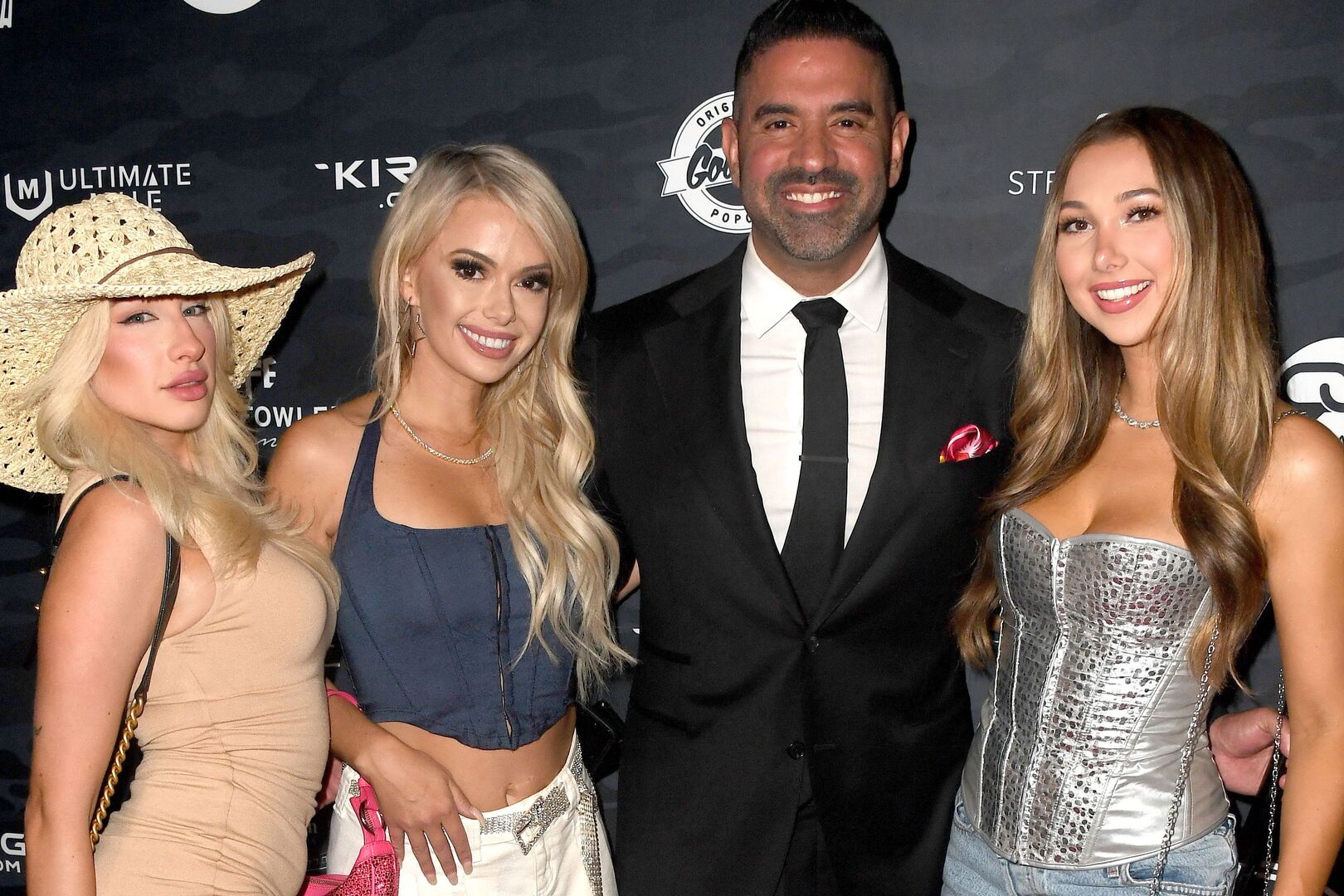
Modern hucksters in masculinity use similar promotional tactics as their predecessors, positioning themselves as purveyors of ‘undiscovered insights’ not accessible through conventional knowledge. This methodology proves attractive to many young men searching for direction in a landscape populated with overwhelming images of success.
The two-step marketing strategy prevalent in the pick-up community continues in popular figures like Tate, who deride perceived weaknesses before offering their courses as solutions. Algorithms on social platforms exacerbate this issue, propelling users down pathways leading progressively towards extremist ideologies.
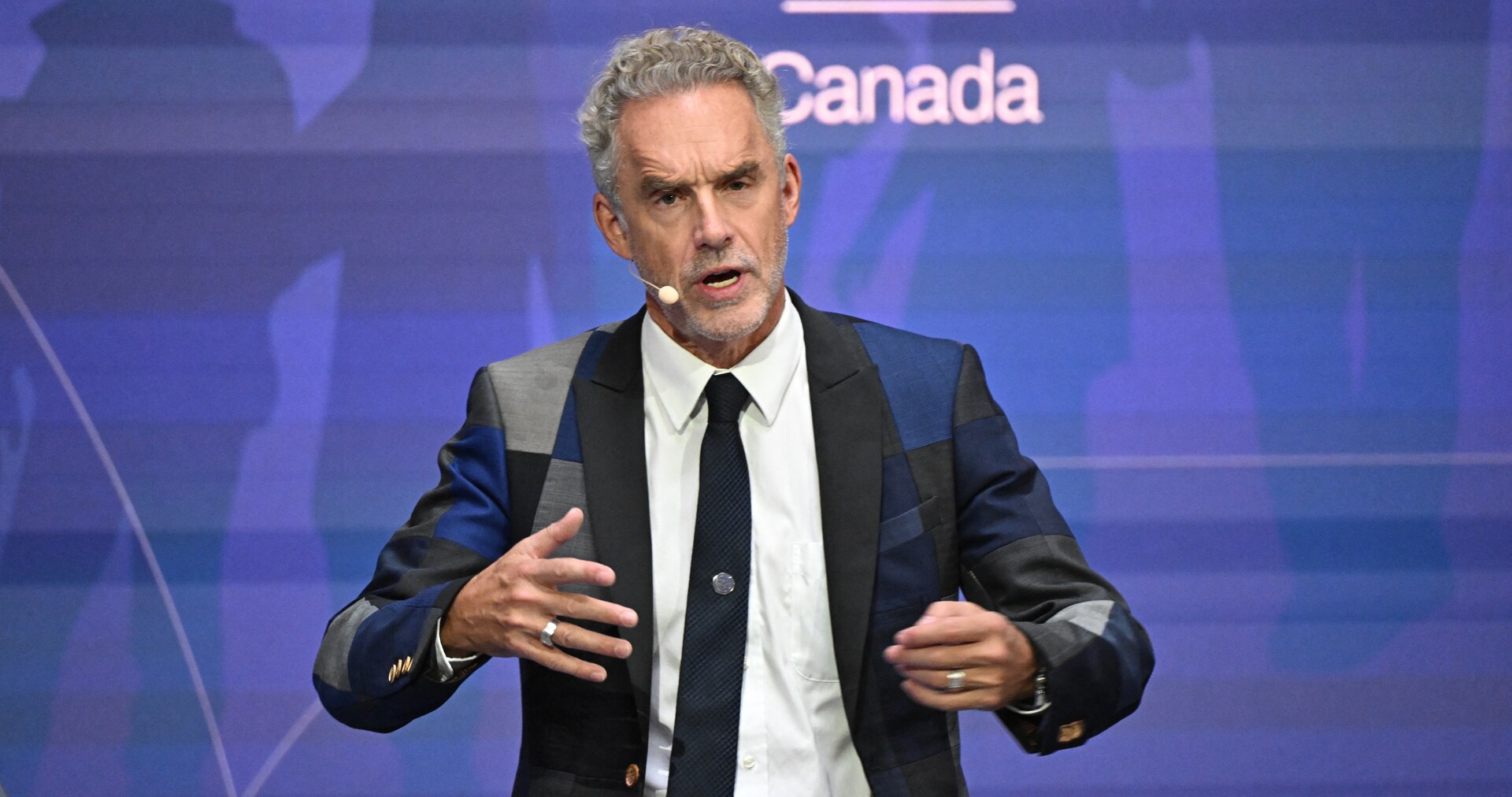
During my research journey, social media’s algorithms aggressively introduced content centered around masculinity and traditionalism, causing me to encounter increasingly controversial views against women, reflective of the fears perpetuated by the manosphere.
Engagement with fear-driven messaging fosters a stark consumerism among men, driving them toward products and programs that promise transformation and relevance in an era marked by evolving gender dynamics.
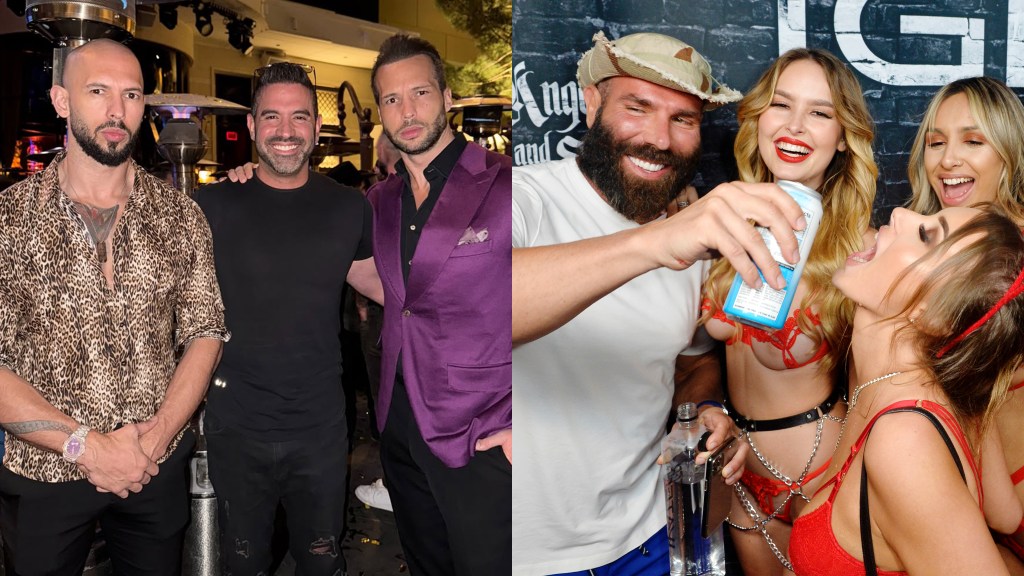



Post Comment